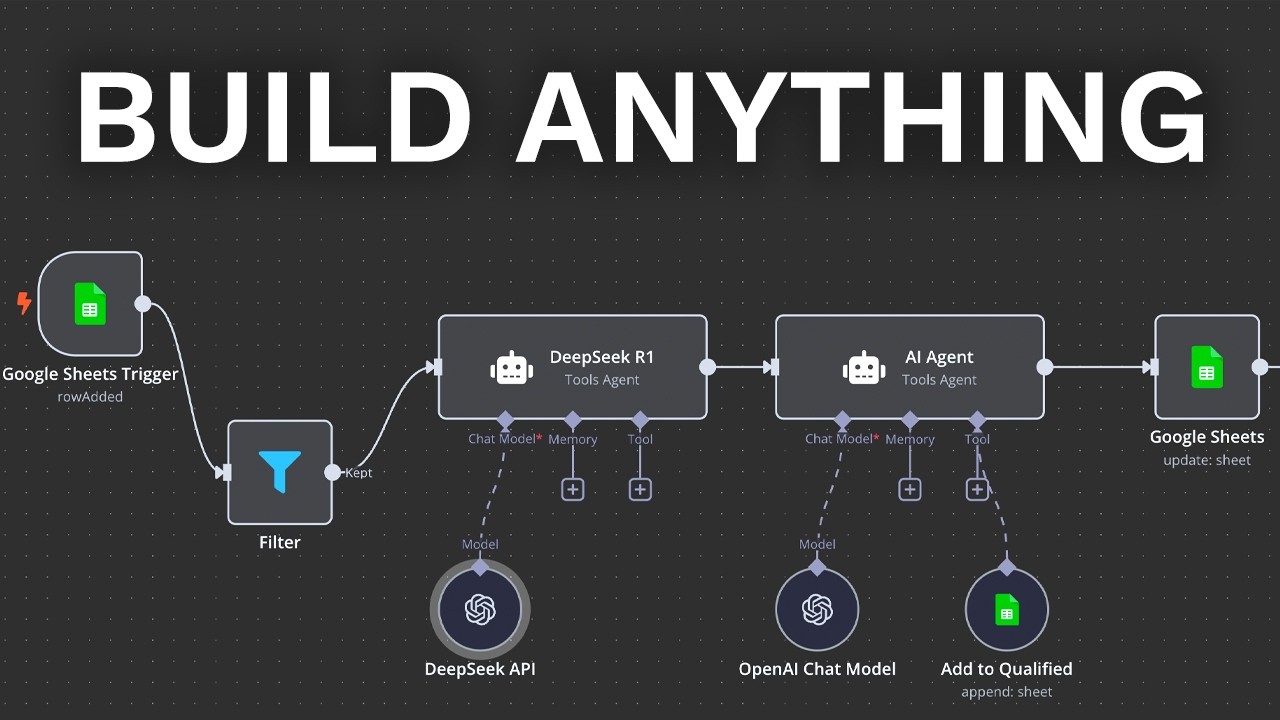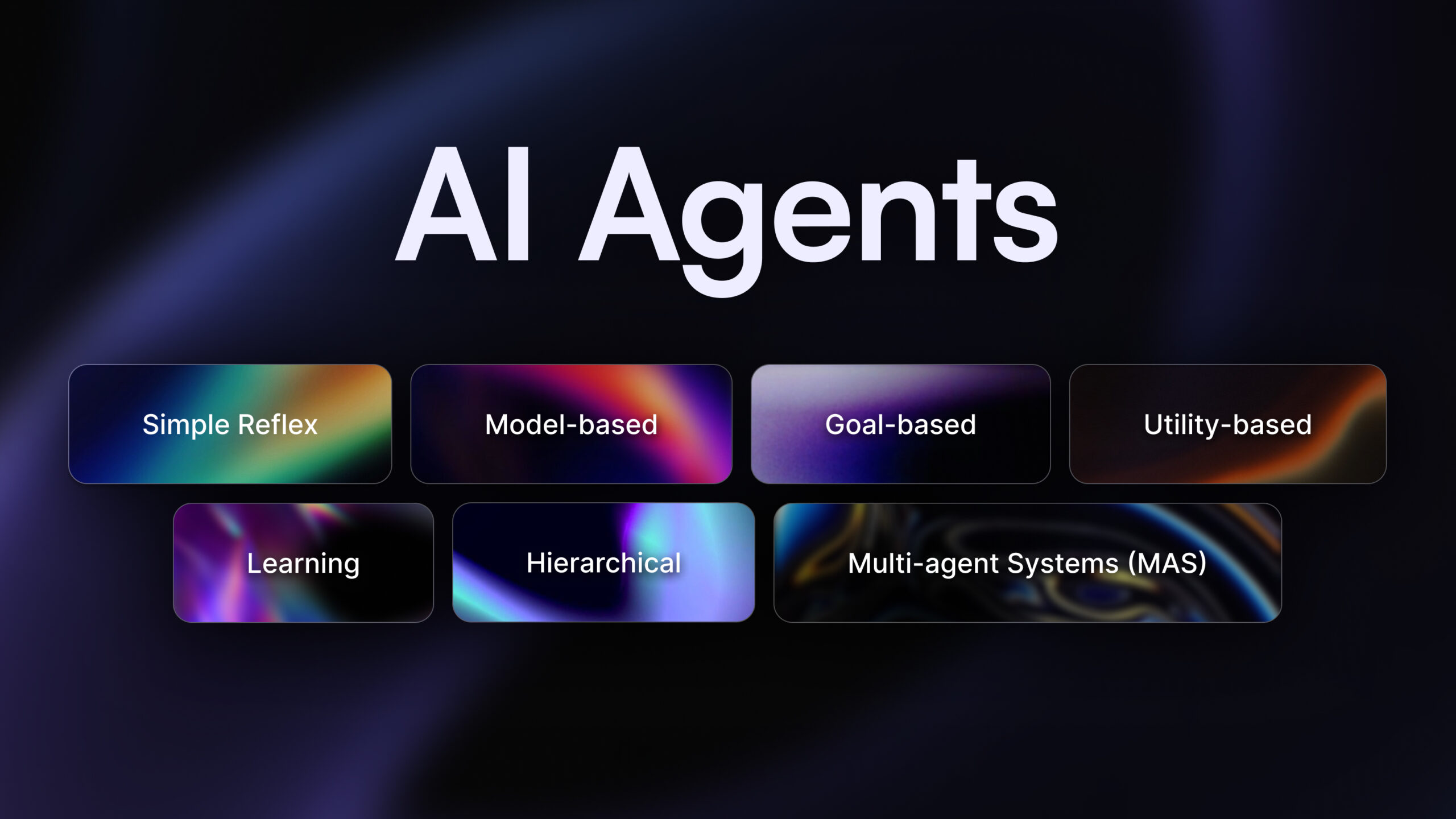
The Secret Helpers: 10 AI Agent Examples You Use Every Day
You’ve probably heard about AI—the magical technology that can create art, write stories, and answer your questions. But what if I told you there’s a new kind of AI that goes beyond just answering questions? It’s called an AI agent, and it’s like a super-smart digital assistant that can actually get things done for you.
Think of it this way: a regular AI, like an old-school chatbot, is like an encyclopedia. You ask a question, and it gives you an answer. An AI agent, on the other hand, is like a personal assistant. You give it a goal, and it figures out the steps to achieve that goal on its own. It can use different tools, remember what you like, and even learn from its mistakes to get better over time.
In 2025, these AI agents are no longer just concepts from science fiction. They are quietly and powerfully making their way into the apps and services we use every single day. They’re designed to be so easy to use that you might not even realize they’re working in the background.
Let's pull back the curtain and look at ten of the most common and innovative AI agents that are already changing how we live, work, and play, even if you’re not a tech expert.
1. The Personal Finance Planner: Cleo & Copilot
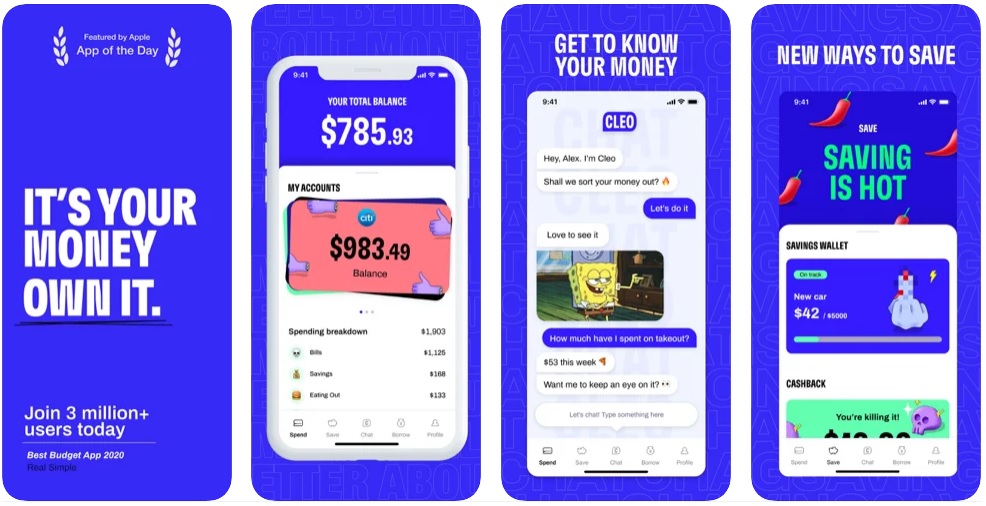
Managing money can be a headache. You have bills to pay, a budget to stick to, and a savings goal that always seems just out of reach. This is where AI agents in personal finance apps shine.
- How it Works: These agents connect to your bank accounts and credit cards (securely, of course). They don’t just show you your balance; they actively watch your spending habits.
- A Simple Example: Let's say you've been spending a lot on takeout this month. Your AI agent in an app like Copilot or Cleo will notice this trend. It won't just tell you you've spent a lot; it will proactively send you a friendly message that says, "Hey, your takeout spending is higher than usual. If you continue this way, you'll go over your budget for the month. How about we look up a few simple recipes for dinner tonight?" It’s a helpful nudge, not just a report.
- The "Agent" Part: The agent’s ability to analyze your spending, predict a future outcome (going over budget), and then take action (sending a warning and offering a solution) is what makes it an agent, not just a tool. It's working proactively to help you meet your financial goals.
2. The Smart Email Sorter: Gmail & Microsoft Outlook
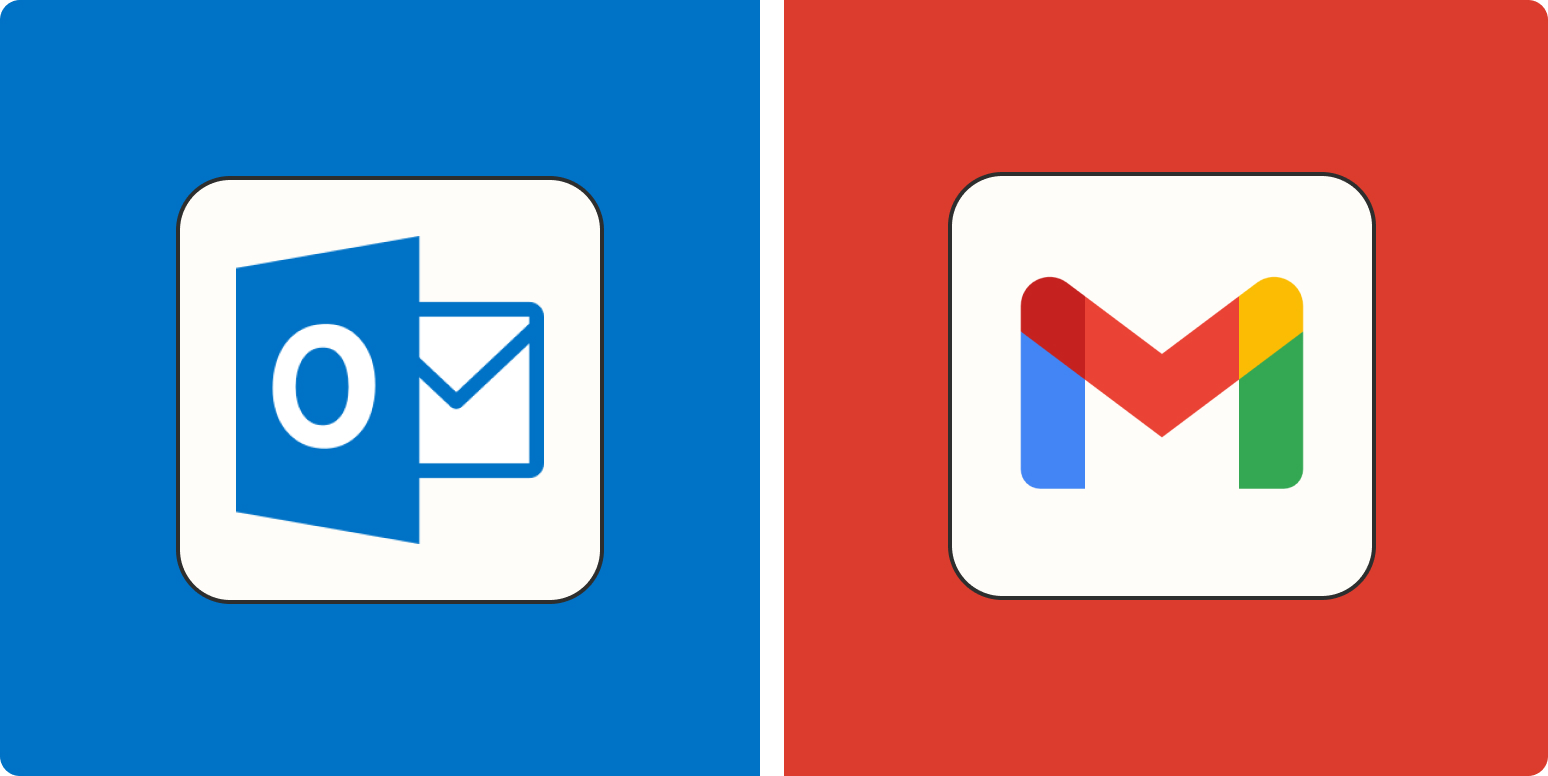
Your email inbox is probably a battlefield of spam, newsletters, and important messages. Luckily, an AI agent is fighting on your behalf.
- How it Works: These agents live inside your email program. They read, understand, and organize your emails as they arrive.
- A Simple Example: You get an email from a new contact asking to schedule a meeting. Instead of you having to open your calendar, find a time, and write a reply, the AI agent inside Gmail or Microsoft Outlook sees the email and a small pop-up appears. It suggests, "This email looks like a meeting request. Would you like to schedule it for Tuesday at 2 PM? I'll check everyone's calendar and draft the email for you." With one click, the task is done.
- The "Agent" Part: The agent doesn't just recognize a keyword like "meeting." It understands the intent of the email, checks your external calendar for availability, and then performs a multi-step task (finding a time, drafting a message, and sending invites) to solve your problem.
3. The Digital Shopping Assistant: Amazon's Rufus
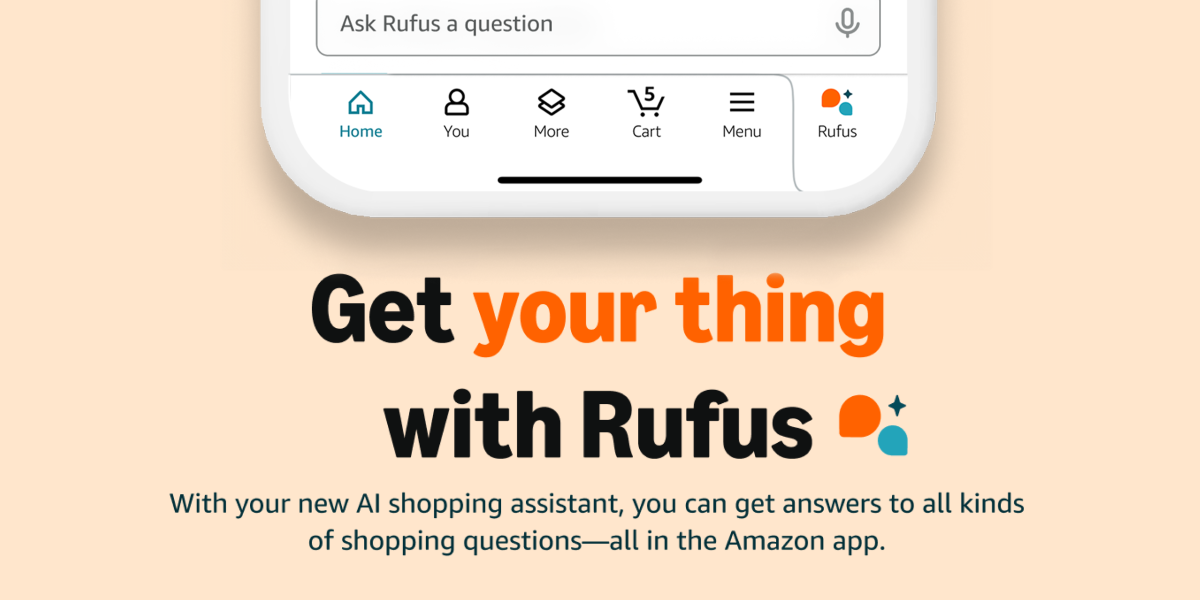
Online shopping can be overwhelming. With thousands of products and reviews, how do you find the best one for you?
- How it Works: AI agents like Amazon's Rufus are trained on millions of products, reviews, and questions. They are there to help you shop smarter.
- A Simple Example: Imagine you want to buy a new blender but you're not sure which one. Instead of scrolling through hundreds of product pages, you can simply ask Rufus, "Which blender is best for making smoothies and is easy to clean?" Rufus will immediately analyze thousands of customer reviews and product specifications to provide a simple, easy-to-read summary. It might say, "Based on customer reviews, the BlendMaster 5000 is highly rated for smoothies and has a detachable blade, making it very easy to clean." It might even compare a few top options for you.
- The "Agent" Part: Rufus isn’t just searching for keywords. It's using its knowledge to understand the nuances of your request ("best for smoothies" and "easy to clean"), analyzing vast amounts of data, and presenting a curated, personalized recommendation. It's acting like a knowledgeable store clerk, but in digital form.
4. The Collaborative Coder: Replit AI & GitHub Copilot

Even if you don't write computer code, you can appreciate how these AI agents are helping people build things.
- How it Works: These agents act like a second pair of hands for computer programmers. They live inside coding programs and offer real-time assistance.
- A Simple Example: A developer is building a website. They type a few lines of code, and the Replit AI agent recognizes what they’re trying to do. It then automatically suggests the next five lines of code to complete the task. It's not just auto-completing words; it's predicting the entire function or a block of code and writing it out. If a part of the code has a mistake, the agent can also pinpoint the error and suggest a fix.
- The "Agent" Part: This is a perfect example of an agent that learns and adapts. It learns the developer's style and preferences, anticipates their needs, and proactively works to make their job easier and faster. It’s a true partner in the creative process.
5. The Dynamic Travel Agent: Booking & Travel Apps
Planning a trip can involve countless steps: finding flights, booking hotels, and checking for local events.
- How it Works: AI agents in travel apps pull data from multiple sources—airlines, hotels, weather services, and local event calendars—to plan your perfect trip.
- A Simple Example: You type, "Plan a weekend getaway to Vancouver, British Columbia, for my family of four." The AI agent immediately gets to work. It will find a few family-friendly hotels, search for the most affordable flights from your home city in Canada, suggest kid-friendly activities like the Science World museum, and even check the weather forecast for that weekend, all in one go. If you say, "I'd prefer a hotel with a swimming pool," the agent will instantly update all its recommendations.
- The "Agent" Part: The agent's ability to pull and combine information from many different places to fulfill a multi-step, personalized request is what makes it so powerful. It's taking a complex goal ("plan a family trip") and breaking it down into manageable actions.
6. The Healthcare Companion: Smart Assistants & Medical Apps
AI agents are helping to simplify healthcare, making it more accessible and personalized.
- How it Works: These agents can be found in a variety of places, from specialized health apps to a new generation of smart home assistants. They have access to vast medical databases and can interact with your personal health data (with your permission, of course).
- A Simple Example: You've been feeling under the weather. You could say to your smart assistant, "I think I have the flu." The assistant's AI agent would not only give you general information about flu symptoms but also ask you a few simple questions. Based on your answers, it might recommend a few over-the-counter remedies, remind you to hydrate, and even proactively look up the hours for a nearby walk-in clinic or schedule a virtual appointment with a doctor if your symptoms get worse. It can even be used in hospital settings to help doctors with administrative tasks like filling out paperwork and summarizing patient notes.
- The "Agent" Part: This agent goes beyond a simple information lookup. It understands a health-related goal, asks follow-up questions to gather more information, and then takes proactive steps—providing recommendations, scheduling, and connecting you to a professional—to help you achieve a better health outcome.
7. The Customer Service Hero: Autonomous Chatbots
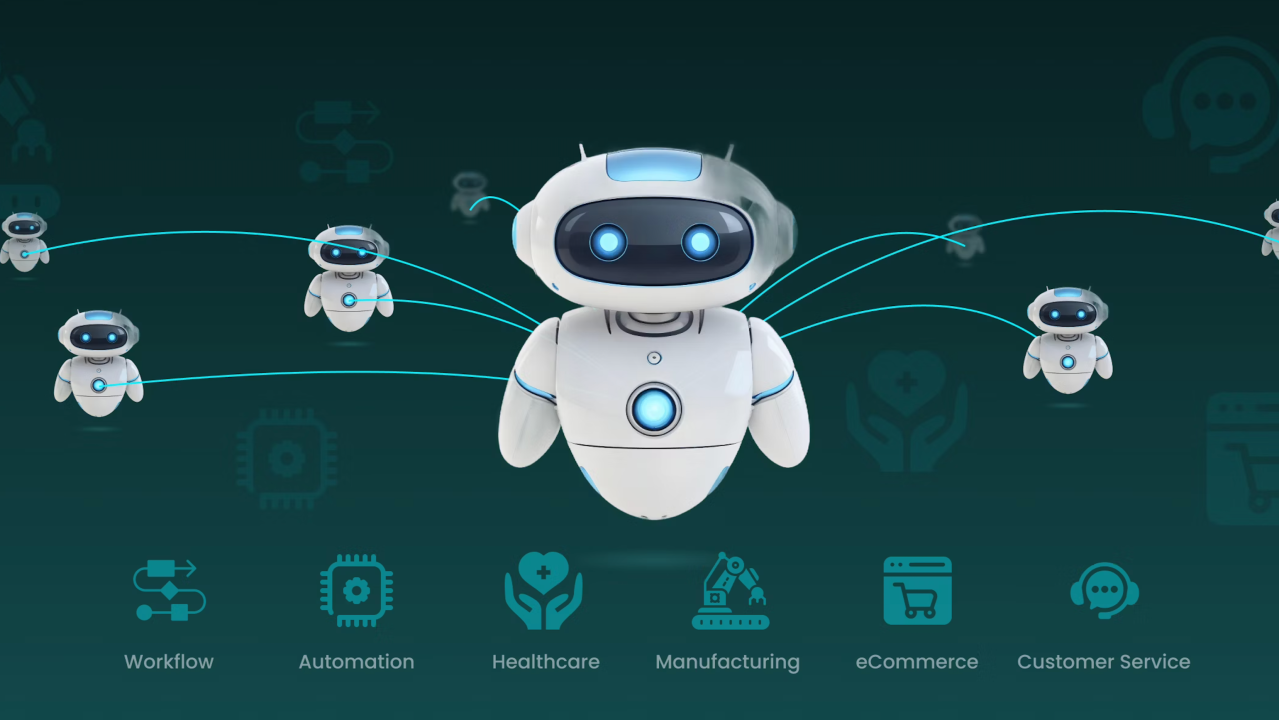
Remember the old days of frustrating chatbots that could only answer "yes" or "no" questions? Today’s AI agents are a completely different story.
- How it Works: These advanced chatbots are integrated into websites and apps to provide a seamless customer service experience. They don't just follow a script; they can understand a wide range of problems and find a solution on their own.
- A Simple Example: You need to change a flight you booked. You go to the airline's website and a chatbot pops up. Instead of having to type "talk to a person," you can simply type, "I need to change my flight from Toronto to Montreal for next month." The AI agent understands your request, looks up your booking information, finds available flights that fit your new schedule, and even processes the change and sends you a new ticket—all without a human ever getting involved. If the situation is too complex, it knows when to seamlessly hand you over to a human representative.
- The "Agent" Part: The AI agent acts autonomously to complete a multi-step task, including accessing databases (your flight information), performing an action (changing the booking), and communicating the result (sending a new ticket). This frees up human agents to handle more complex or emotional situations.
8. The Smart Home Manager: Google's Project Astra
.png)
Our homes are getting smarter, and a new kind of AI agent is the brain behind it all.
- How it Works: These agents can see, hear, and understand your environment using cameras and microphones. They are designed to manage your smart home devices and help you with daily tasks.
- A Simple Example: Imagine you’re in your kitchen. You glance at the clock and realize you're running late for a party. You say, "I’m leaving in 10 minutes, can you help me get ready?" The AI agent in your home hears this and gets to work. It could automatically dim the lights, turn off the television, lock the doors, and set a reminder on your phone to grab your keys. A more advanced version, like Google’s Project Astra, might use its cameras to "see" that you’re holding your phone and proactively pull up the quickest route to the party on your screen.
- The "Agent" Part: This agent’s ability to understand your goal ("get ready to leave"), use its knowledge of your home and habits, and then take a series of coordinated, proactive actions (locking doors, dimming lights) is what makes it a true agent. It’s not just reacting; it’s anticipating and planning.
9. The Virtual HR Assistant: SAP's Joule

AI agents are also being used in the workplace to make jobs easier and more efficient.
- How it Works: These agents work within a company's software systems to automate tasks that usually fall on human resources departments.
- A Simple Example: A new employee joins a company. The AI agent, like SAP's Joule, recognizes this and automatically starts a series of tasks. It sends a welcome email to the new employee, creates their digital account and email address, orders their work laptop, and sends a task to the IT department to set up their desk. The agent ensures every step of the onboarding process is completed, on time and without any human intervention.
- The "Agent" Part: The agent’s ability to sense a change in its environment (a new employee being added to the system) and then carry out a complex, multi-step process across different departments is a textbook example of an AI agent at work.
10. The Personalized Teacher: Educational AI Agents
Learning is no longer a one-size-fits-all experience. AI agents are tailoring education to each person's unique needs.
- How it Works: These agents, embedded in learning platforms and apps, track a student's progress and understanding in real-time.
- A Simple Example: A student is struggling with a specific math problem. The AI agent in the learning app notices that they keep making the same mistake. Instead of just giving the correct answer, the agent will create a few new, slightly different practice problems to help the student master the concept. It might even provide a short, simple video explanation that is tailored to their specific learning style.
- The "Agent" Part: The agent is not just an instructional tool. It is a learning companion that can perceive a student's struggle, diagnose the core problem, and then proactively generate a personalized learning plan to help them succeed. It learns from the student and adapts its teaching methods accordingly.
Conclusion: The Future is Already Here
As you can see, AI agents aren't some futuristic technology that’s still years away. They are here right now, integrated into the products and services you use every day. They are the invisible helpers in your phone, your home, and your workplace.
The key difference between a simple AI and an AI agent is its ability to be autonomous. Instead of just reacting to your commands, they can take a goal you provide and work to achieve it on their own, often by planning, reasoning, and using various tools to get the job done.
You might not see the "agent" label on your favorite app, but the next time your phone's assistant suggests the perfect route to work, or your finance app sends a warning about your spending, remember that an AI agent is working behind the scenes. It's making your life a little easier, a little smarter, and a lot more efficient—one task at a time. The future of AI isn't just about what it knows; it's about what it can do for you.

